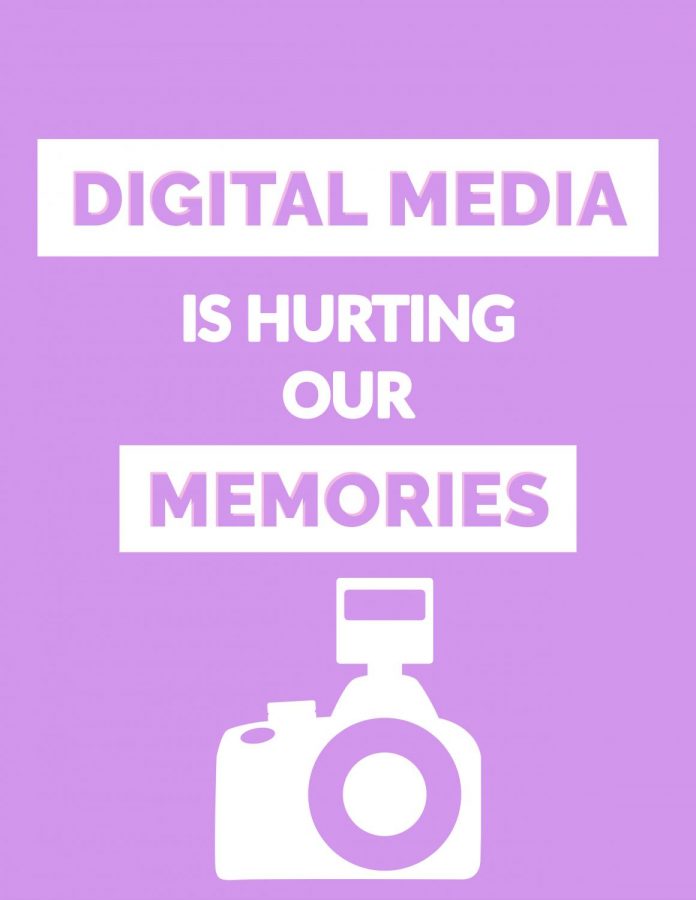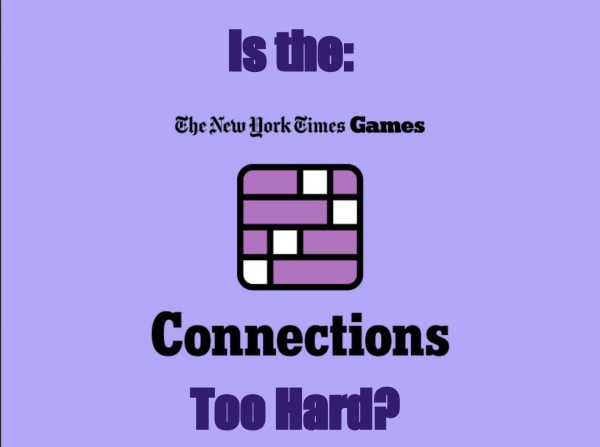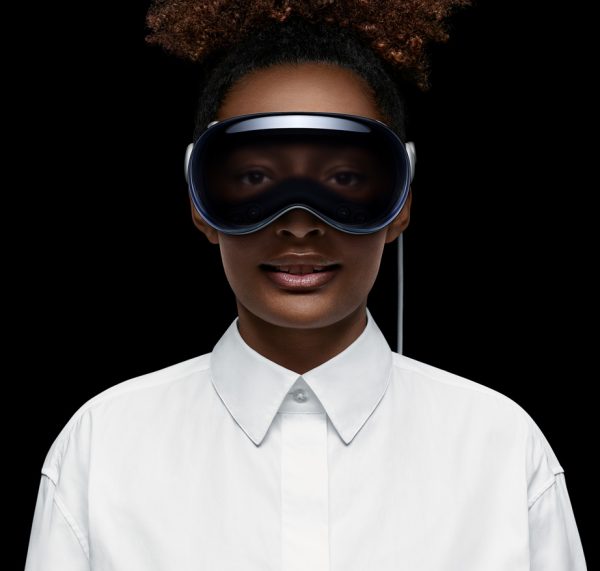Social Media is Hurting Us
48.2% percent of people own a smartphone worldwide. In just the time spanning from 2018 to 2019 this percentage has gone up 10%. According to Vex, “77% of Americans now own a smartphone and many rely on them for memory support.” It’s true, whenever there is something you want to remember, it is many of our defaults to swing out our phones and snap a quick photo for later. Even though this convenience has saved us time and effort, is our access to photography damaging our memories?
It is proven that many times when we are recalling a memory our brains may accidentally alter the story. For example, many people who have been in a car accident think differently when they hear “collision” instead of “hit” and they view the event as more traumatic. Vex stated that “The brain stores long-term memories by linking neurons. The stronger the memory, the stronger the connections. These neurological connections link all the sensations that form a memory: what a scene looked like, what it felt like, what it smelled like.” However, if we are not paying attention to our surroundings fully we won’t be able to have any memories in our long-term “memory bank.” Many of these distractions that are keeping us from creating these memories are not just cameras, but any kind of media. This includes social media posting, texting, etc. All of these things lead to memory lapses.
Another thing that technology in general (not just photos) is doing to our memories is called cognitive offloading. This is when we put our mental abilities into a machine. For example, some of us use reminder apps and such on our phones so that we can remember, but when we do this we no longer have to remember because the device is remembering for us and tells us when we need to remember again. University of Waterloo did a study of this phenomenon, and in their paper called “The Brain In Your Pocket” they stated that many people who do not like or avoid difficult thinking are reported to be more reliant on their phones. According to Vex “Rereading material doesn’t help a student memorize exam answers. No, it’s the hard work of digging down into our memories and reconstructing a piece of information from scratch that makes it easier to retrieve later.” The best way to remember things is pushing yourself to find something from the back of your mind, and even though it’s hard in the moment this memory will be easier to access later on if you simply use your own brain!
With all of these downsides to smartphone usage, especially in photos, why are we still using them? Although smartphones do allow us to recall information easily, they don’t help us remember it. A freshman at Green Level, Kennedy Thomas, admits, “Only about 60% of my photos have meaning to me.” Many times our easy access to a camera on our phone lets us have the ability to casually take photos of anything around us, even taking pictures of things we don’t really care about. Our ability to snap a quick shot has decreased the value of many of our photos in our storage, causing most of them to go into the delete bin. Thomas also stated that, “Sometimes we need to just enjoy the moment, and I think we need to dial down on phones and photos and take it all in.” Even though there are moments in our lives we want to remember forever, there is something special about putting the phone down and simply living the moment you are given.
I know they’re extremely popular, and I want anyone reading this to understand that I’m not against smartphones. I own one, I take photos, and I’m probably on it too much. But I am saying that for all of our brains I think we should consider just turning our phones off once in a while and enjoying the people around us.

Addy Rudolph is a freshman at Green Level High School. It is her first time on any kind of school newspaper, but she is loving every minute of it. Some...












